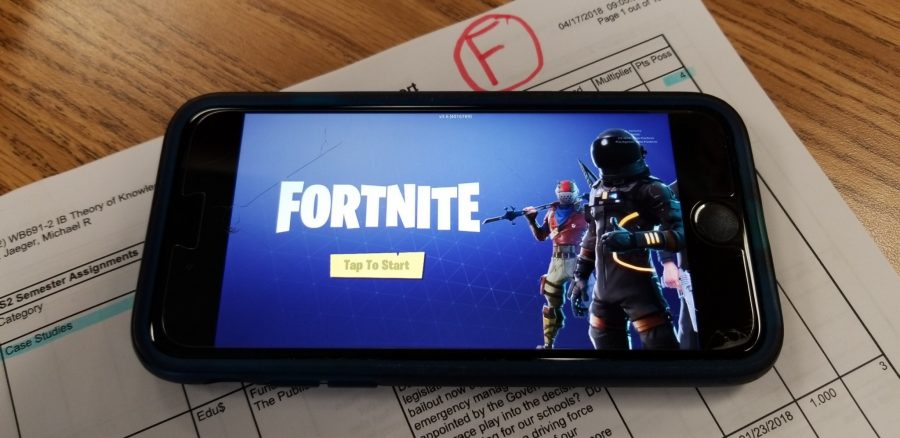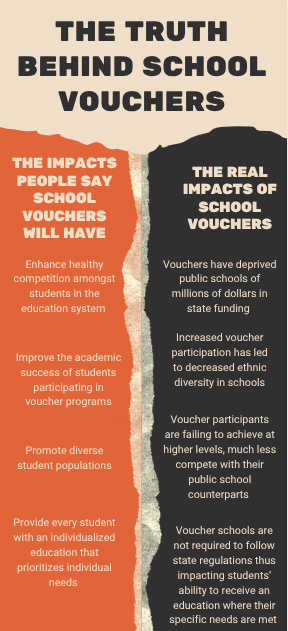“Get off your phone! This is the last time I’m going to ask nicely. Maybe if you weren’t on it so much, your grades would be better.” At one point or more in high school, teenagers hear some form of this line, either parents or teachers emphasizing the impact of cell phones on grades or even behavior. At some point in time, parents need to catch on to this and be smarter about utilizing their kid’s phone as a form of leverage to motivate and push their kid to improve grades/behavior.
Facts don’t lie. According to a recent survey of WOHS students, 94% have a cell phone and 84.7% of those students have phones that are paid for by their parents. Not really anything super surprising. What really sticks out is that only 58% of students said that their parents have taken their phone away from them to improve grades and/or behavior.
Students even admit that their phones would be good motivation for improving behavior or grades. “If I got my phone taken away, . . . I would definitely spend all of my extra time doing school work in order to… get my phone back,” Jr. Ashley Le said. Le explained that her phone is very important to her everyday life, and she feels empty without it. Not having it with her would push her to work hard in order to win back her phone.
What is really astounding is that roughly the same amount of students that have had their phones taken away by their parents to be used as leverage also believe that getting their phone taken away would be or was ineffective as a motivator for getting better grades and improving behavior. Come on! These kids have to be lying or just plain ignorant. Some of these students don’t even know that it would be effective, seeing as their parents have never utilized that leverage. Teenagers all live in the same world. The truth is painfully obvious. If a teenager went without his or her phone for an extended period of time, they would definitely try to get it back through higher grades and/or rectified behavior.
Teachers notice what happens with students in either situation. Instructor Cari Hough has talked to parents who have taken the students’ phones away in order to improve their grades and behavior. “After that, behavior improved a lot; the kids got their work done. Everything was better. They weren’t distracted,” Hough said.
However, she has also seen the other side, where parents took no action when she thought the parents should have because the parents expect “to be able to get in touch with their kids whenever they want.”
Instructor Michelle Stoel sees the whole idea in a different light, both as a parent and a teacher. Stoel knows that a good motivator for struggling students is a promise of returning a beloved object previously confiscated, such as a car or, for many, a cell phone. “I have had students whose parents took away their phones and not only do their grades improve but they are surprised to find that their moods improve as well. They are less anxious and more involved in each moment and conversation,” Stoel said.
On the contrary, she also has had students whose parents refuse to remove the phone because “‘it is too important to him/her. I couldn’t do that.’ Those students usually do not improve which is sad but not unsurprising.”
Despite the fact that removing the phone may help the student, parents still choose other methods of motivation or just don’t do anything entirely. Local parent Jeanine Behrendt recognizes the impact of cellphones in class. However, she doesn’t necessarily believe that the phone is the answer. “If the problem was the phone, I would take it away. I understand that it is important and, although it isn’t always the problem, it can be distracting,” Behrendt said. Taking away cell phone privileges is not a “go-to way” to improve behavior. Other methods of motivation may be needed, but Behrendt would use it if absolutely necessary.
Kids are very fortunate these days. Having a cell phone is quite a privilege, and anyone who owns one, let alone one that is paid for by parents, is truly lucky. These parents are naive if they aren’t using cell phones as motivation. Kids should not be getting low grades because the cell phone is distracting. Parents should absolutely use cell phone regulations to push their kids to be and do better.







